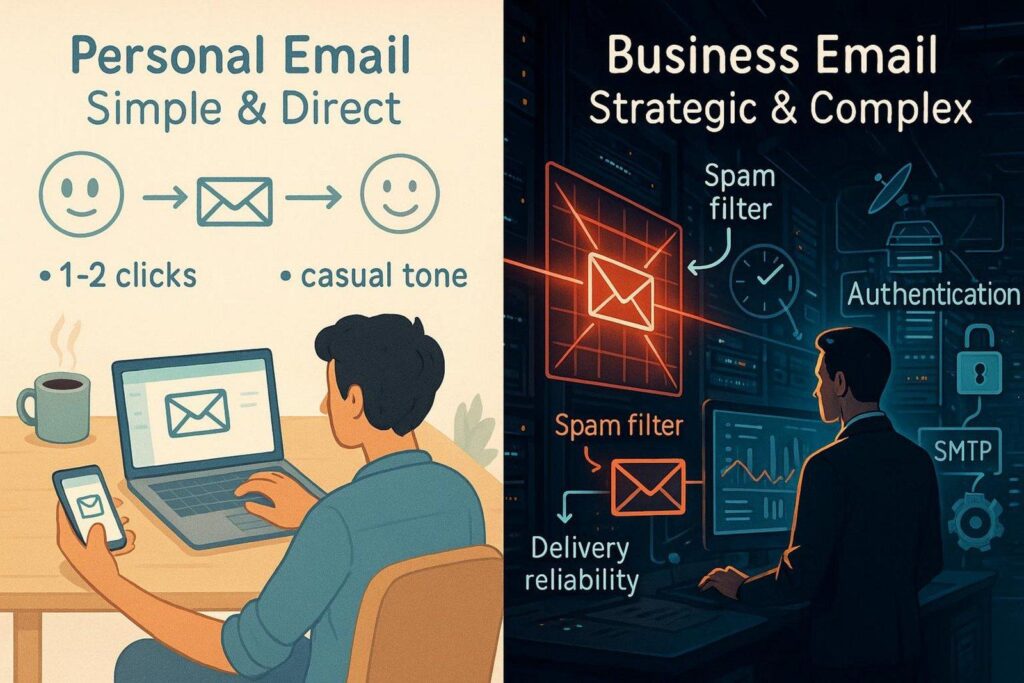In today’s fast-paced digital economy, startups across Europe are finding innovative ways to break into competitive markets and scale quickly. One of the most powerful tools at their disposal isn’t just capital or talent — it’s paid search intelligence.
As the European Union continues to push forward with its digital transformation agenda, startups are increasingly relying on data-driven marketing strategies to reach customers, optimize spending, and drive growth. Among these strategies, paid search intelligence has emerged as a game-changer, enabling new businesses to compete with established players on a more level playing field.
What Is Paid Search Intelligence?
Paid search intelligence refers to the use of data and analytics from paid advertising campaigns — particularly pay-per-click (PPC) ads on platforms like Google Ads, Bing Ads, and even Meta and LinkedIn — to make informed marketing decisions. This includes understanding keyword performance, audience behavior, conversion trends, and competitor activity in real time.
For startups, this means they can identify what works, when it works, and how to adjust their strategy dynamically — all crucial factors when operating with limited budgets and tight timelines.
Why It Matters for EU Startups
Europe is home to a thriving startup ecosystem, with hubs in cities like Berlin, Paris, Stockholm, and Tallinn producing some of the world’s most promising tech ventures. However, unlike Silicon Valley, EU startups often operate under tighter regulatory frameworks, fragmented markets, and limited access to large-scale venture funding.
This is where paid search intelligence becomes invaluable:
1. Targeted Market Entry
Startups entering new markets need precision. Paid search allows them to test demand by targeting specific geographic regions, languages, and consumer segments. With intelligent campaign tracking, they can quickly determine which markets respond best and allocate resources accordingly.
2. Budget Optimization
Cash efficiency is critical for early-stage companies. Paid search intelligence helps startups avoid wasting money on poorly performing keywords or irrelevant audiences. Real-time analytics allow for agile budget shifts toward high-converting campaigns.
3. Competitive Insights
Through ad monitoring and bid analysis tools, startups can see what competitors are doing — including the keywords they’re bidding on and the messaging they’re using. This level of visibility enables smarter positioning and differentiation.
4. Customer Acquisition at Scale
Startups need to grow fast but sustainably. Paid search intelligence provides insights into customer intent through search queries, allowing brands to capture demand exactly when users are looking to buy or engage.
Real-World Examples Across the EU
Several startups have successfully leveraged paid search intelligence to accelerate their growth:
Germany’s N26, a digital bank, used targeted Google Ads combined with A/B testing and audience segmentation to expand across multiple EU countries efficiently.
France-based Back Market, a marketplace for refurbished electronics, relied heavily on localized PPC campaigns and keyword research to tailor messaging for different European markets.
Estonia’s Bolt, originally a ride-hailing app now expanded into food delivery and micromobility, utilized search trend data to anticipate demand surges and optimize campaign timing.
These companies didn’t just run ads — they treated their paid search efforts as a strategic asset, backed by data and continuous optimization.
Challenges and Considerations
Despite its advantages, leveraging paid search intelligence is not without its challenges for EU startups:
Regulatory Compliance : GDPR and other data protection laws require careful handling of user data collected through advertising platforms.
Platform Complexity : Managing multiple ad accounts, tracking pixels, and analytics tools can be overwhelming for small teams without technical expertise.
Localization Needs : Europe’s linguistic and cultural diversity means that generic campaigns won’t cut it — content must be tailored to each market.
However, many startups are overcoming these obstacles by investing in automated tools, hiring specialized marketers, or partnering with digital agencies focused on EU markets.
The Future Outlook
As AI and machine learning become more integrated into advertising platforms, the role of paid search intelligence will only grow. Startups that embrace these technologies early — using predictive analytics, smart bidding, and automated reporting — will be better positioned to scale rapidly and sustainably.
Moreover, with the EU’s continued support for digital innovation through initiatives like the Digital Europe Programme and Horizon Europe, startups have increasing access to tools, grants, and knowledge-sharing networks that can enhance their marketing capabilities.
Final Thoughts
For startups across the European Union, success no longer hinges solely on having a great product or idea. It’s also about how effectively they can reach the right audiences at the right time. In this regard, paid search intelligence offers a powerful combination of agility, insight, and scalability.
By harnessing the power of data from their advertising efforts, startups can make smarter decisions, spend more wisely, and grow faster — all while navigating the complexities of Europe’s diverse and evolving business landscape.
In an age where information is currency, paid search intelligence may well be the secret weapon behind tomorrow’s EU unicorns.


























